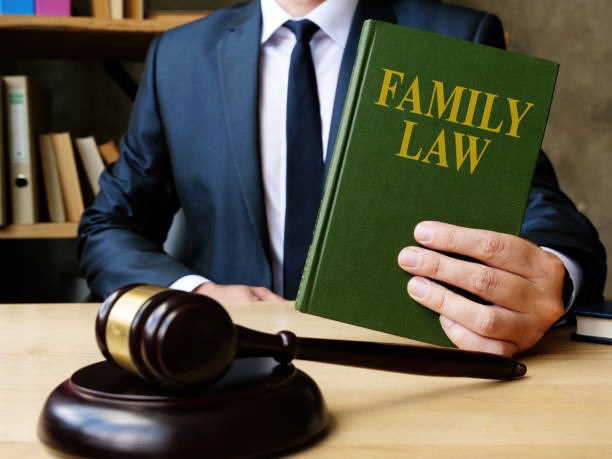Holding the Mormon Church accountable is critical to prevent abuse and bring justice and healing to survivors of abuse. Without accountability, survivors are forced to fight by themselves, and the cycle of harm caused by institutional failure can never be broken.
The Church of Jesus Christ of Latter-day Saints (LDS), or the Mormon Church, has been sued hundreds of times for decades regarding child sex abuse. Charges range from single perpetrators to institutionalized cover-ups by church leaders. Internal management of abuse—forwarding complaints to church law firms and invoking "clergy-penitent privilege"—frequently protected the church from outside scrutiny.
The church runs a confidential helpline for leaders to call when they learn of abuse, but critics say it often functions more to shield the institution from lawsuits than to protect victims. As a result, many survivors turn to law firms that specialize in providing legal assistance for Mormon church abuse survivors to get justice.
Abuse survivors are left with lifelong consequences: depression, anxiety, PTSD, eating disorders, shame, and guilt. Often, they need extensive therapy and medical treatment just to regain some normalcy. The church's emphasis on reputation over child welfare has amplified trauma, many times leaving survivors silenced or coerced into forgiveness without justice.
Validation: Legal action validates survivors' accounts, reversing years of being silenced or minimized by church leaders. A pressing issue that needs attention right away.
Empowerment: When abusers and institutions that enable them are held accountable, there is a regained sense of control and safety.
Deterrence: Accountability serves notice—abuse will no longer be accepted, and repeat offenders will be held accountable.
Systemic Change: Lawsuits and public outcry compel institutions to re-examine policy, enhance reporting procedures, and put child safety above reputation.
Compensation: Compensation has been paid out to survivors in civil suits for medical, psychological, and loss-related costs, enabling them to start healing.
Accessible Resources: Therapy, counseling, support groups, and long-term care can be paid for through settlements.
Practical Steps
1. Put Safety First: Get help right away if at risk. Therapy and crisis hotlines are available to give needed assistance.
2. Document Everything: Document incidents, conversations, and any evidence, like emails or texts, to refer back to later.
3. Report to Authorities: Don't just use church internal channels. Involving law enforcement guarantees an independent investigation.
4. Seek Specialized Lawyers: Lawyers experienced in clergy abuse can walk survivors through legal options and representation.
5. Seek Community Support: Survivor networks and advocacy groups assist those affected to regain strength and voice.
1. Promotes transparency, ensuring the church cannot hide or ignore harmful actions.
2. Empowers other survivors to speak out and seek justice, creating a ripple effect for change.
3. Protects future generations by forcing safer policies and better accountability measures.
4. Restores trust in faith communities by showing wrongdoing will be addressed, not covered up.
5. Sets a strong societal precedent that institutions must be held responsible for protecting vulnerable members
Making the Mormon Church accountable is about restoring dignity, safeguarding future generations, and providing survivors with the justice and resources they are entitled to.




Want to add a comment?